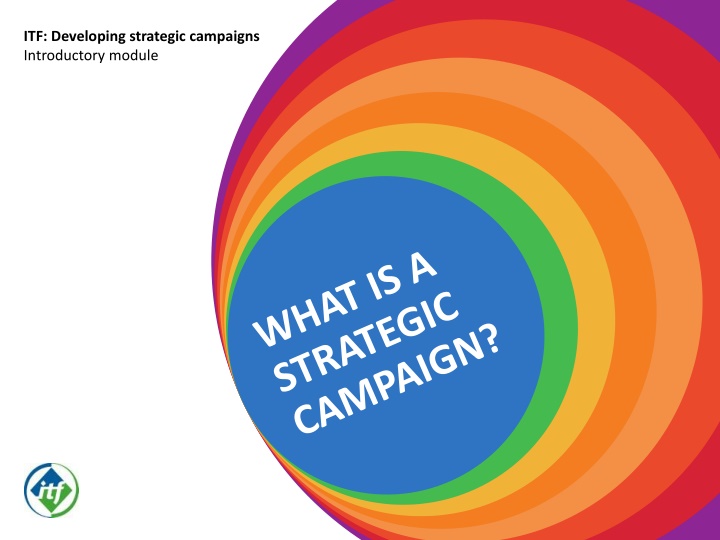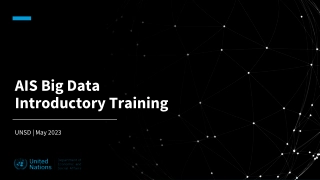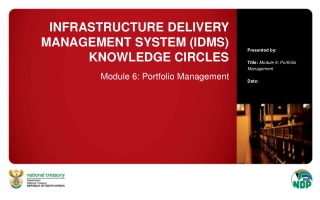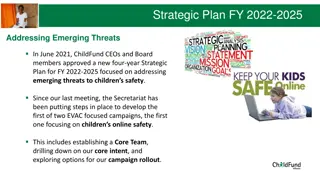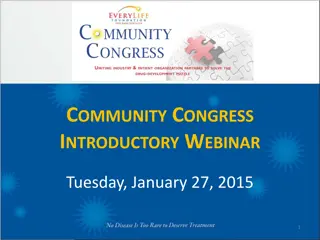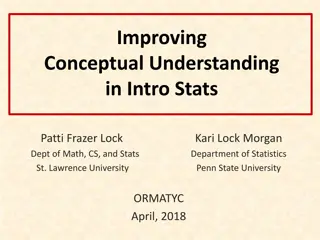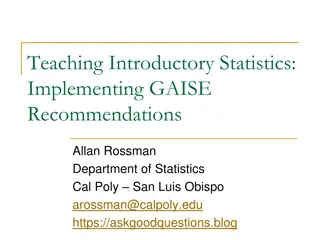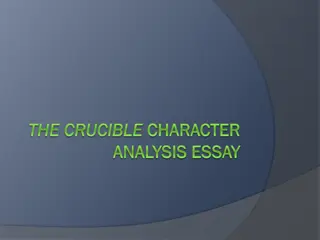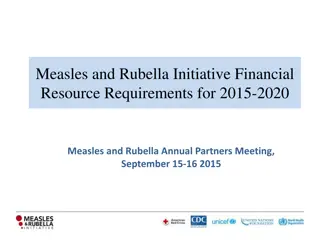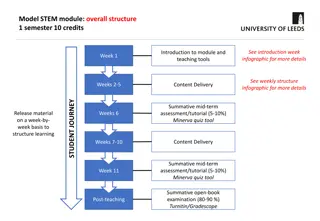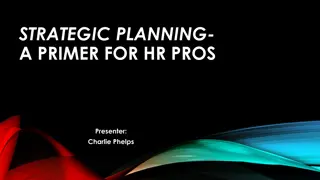Developing Strategic Campaigns - Introductory Module
A strategic campaign involves exerting pressure on various strategic relationships to achieve specific goals. This module covers campaign steps, principles, common reasons for failure, and activities like filling out campaign summary forms.
Uploaded on Feb 21, 2025 | 1 Views
Download Presentation

Please find below an Image/Link to download the presentation.
The content on the website is provided AS IS for your information and personal use only. It may not be sold, licensed, or shared on other websites without obtaining consent from the author.If you encounter any issues during the download, it is possible that the publisher has removed the file from their server.
You are allowed to download the files provided on this website for personal or commercial use, subject to the condition that they are used lawfully. All files are the property of their respective owners.
The content on the website is provided AS IS for your information and personal use only. It may not be sold, licensed, or shared on other websites without obtaining consent from the author.
E N D
Presentation Transcript
ITF: Developing strategic campaigns Introductory module
Definition of a strategic campaign A comprehensive effort to exert pressure on the various strategic relationships of an employer or decision maker. ITF: DEVELOPING STRATEGIC CAMPAIGNS 2
Ten campaign steps 1. Employer relationships 2. Arbolitos (worker networks) 3. Union strengths and weaknesses 4. Goals 5. Campaign message 6. Targets and allies 7. Strategies 8. Tactics 9. Calendar 10.Evaluation Five campaign tools 1. Research 2. Factsheets 3. Appeals for justice 4. Campaign leaflets 5. Media ITF: DEVELOPING STRATEGIC CAMPAIGNS 3
Six campaign principles 1. Everything starts with the workers. 2. Develop a global picture. Think like the boss. 3. Express the campaign as a fight for social justice. Include the broader community. 4. Impact the company s public image and create real financial or electoral costs. 5. Tactics start small and increase with intensity. 6. Never stop! Keep the pressure constant and changing. ITF: DEVELOPING STRATEGIC CAMPAIGNS 4
Four common reasons campaigns fail 1. Incomplete buy-in by workers. 2. Incomplete buy-in by union structures. 3. Thinking tactically not strategically (checklist approach). 4. Campaign message not appealing to the public. ITF: DEVELOPING STRATEGIC CAMPAIGNS 5
Activity: Fill out the campaign summary form at the end of each module. ITF: DEVELOPING STRATEGIC CAMPAIGNS 6
Activity: Criteria for campaign examples Something that you want to win from your opponent. Real knowledge of the workers, their problems and workplaces. Real knowledge of the opponent ITF: DEVELOPING STRATEGIC CAMPAIGNS 7
